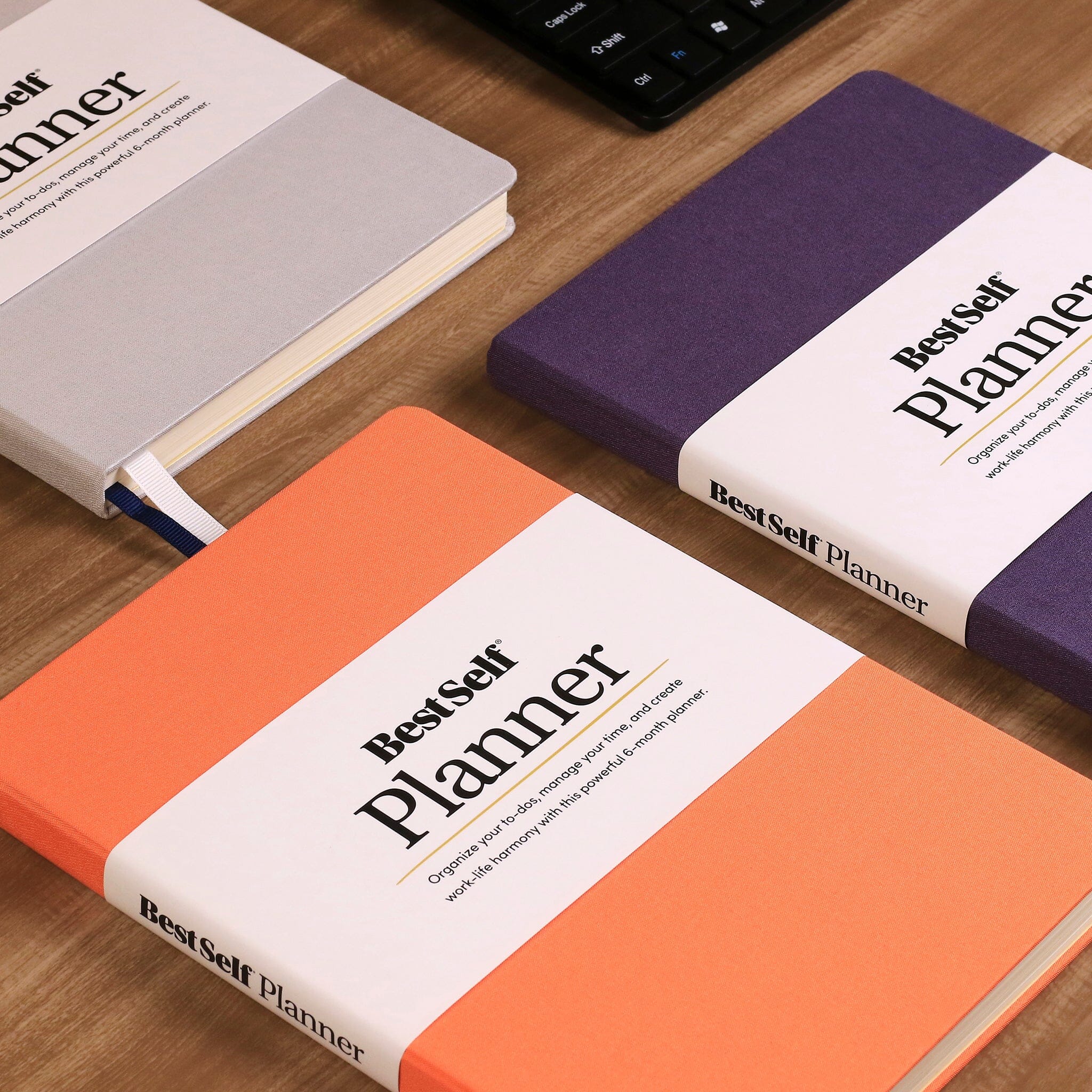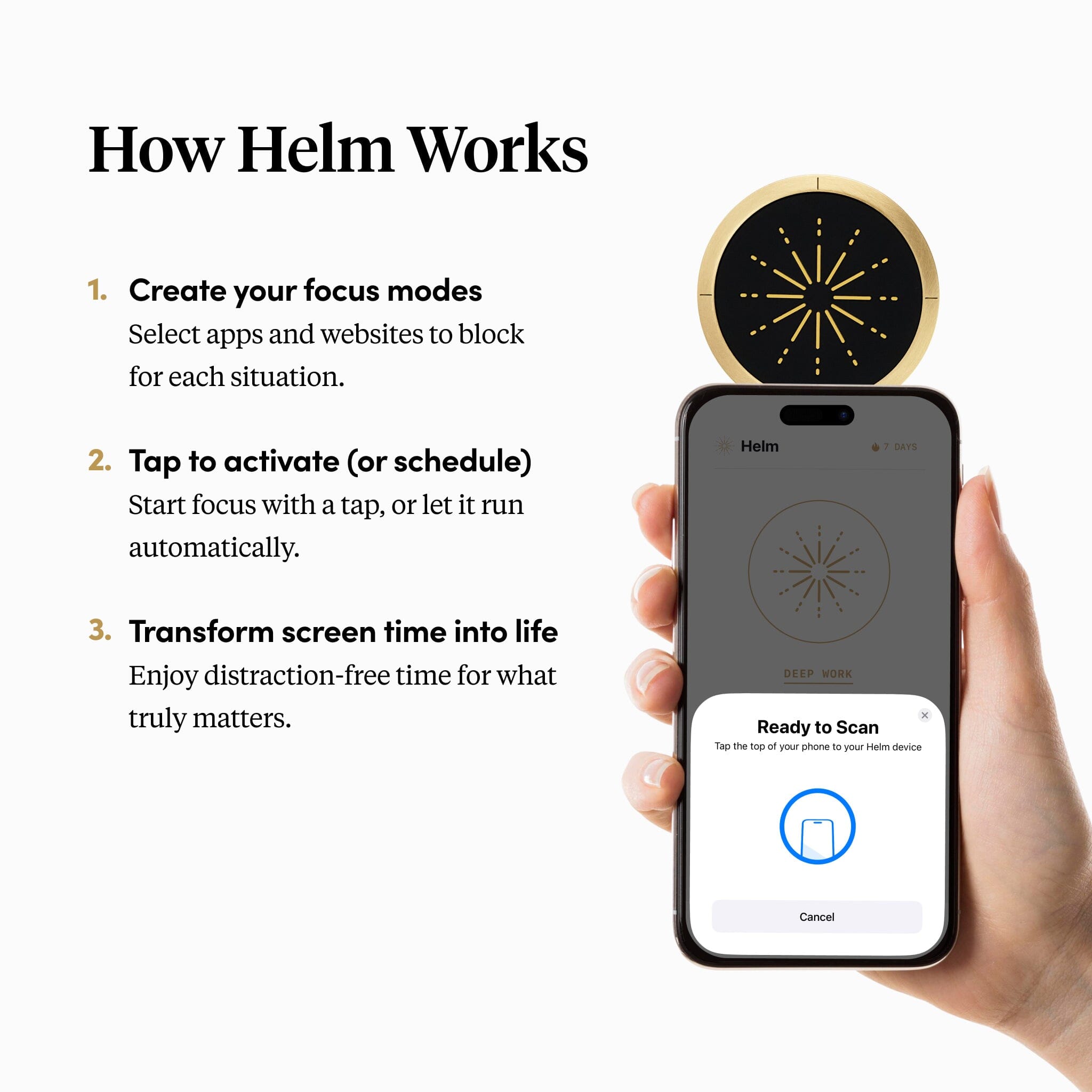Would you describe yourself as someone who has grit?
Would you say that it’s one of the most important traits a person can have? Experts would.
Here are five tips on how you can build grit (and why it’s so important that you do):
1. IQ ≠ Success. Stop Focusing On The Wrong Things.
In sixth grade, Carol Dweck occupied the first seat in a classroom where the teacher sat the students in the order of their IQ, highest to lowest. To Dweck, now a professor of psychology atStanford University, it was clear the teacher regarded IQ as the telltale indicator of success. Dweck now finds this practice destructive and believes she knows why she was able to maintain the first seat in the class. It wasn’t her IQ.
Professor Dweck’s research leads her to the conclusion that it wasn’t intelligence, talent, or even desire that lead her to success in the classroom. For Dweck, it was the fear of failure in front of her peers and her ability to cope with and overcome, the obstacles. Through research in her adult life, Dweck found that the quality that correlated the highest with success was the ability to persevere until long-term goals were met. The most indicative trait of success... was grit.
If you are aiming to build grit, the first step is acknowledging exactly what grit is. Building grit means learning how to persevere through obstacles to achieve long-term goals. Just as important is knowing what grit is not. Angela Duckworth, whose TED Talk on grit went viral, notes that “Grit isn’t talent. Grit isn’t luck. Grit isn’t how intensely, for the moment, you want something. Instead, grit is about having what some researchers call an “ultimate concern”–a goal you care about so much that it organizes and gives meaning to almost everything you do.”
2. Understand Your Mindset
Have you ever described someone as being talented or intelligent? When we use these phrases, it can sometimes imply that the talent or intelligence is inherent and wasn’t developed through growth over time. According to Carol Dweck, this is what is known as a “fixed mindset.” Dweck acknowledges that some people may have the propensity to pick up a skill quickly or to absorb information with ease. However, too often, we ignore the possibility that perhaps rather than just being “talented” or “intelligent,” these people just have grit. We ignore the possibility that they simply set long-term goals in a given area of study or practice and overcome the obstacles to reach that point.
According to the same research, “gritty” people are more likely to have what Dweck refers to as a “growth mindset.” This means that they believe their skills, intelligence, and overall abilities are traits they can improve over time through goal-setting and perseverance. Naturally, a growth mindset is much more conducive to developing grit. The danger occurs when someone of a fixed mindset believes that they are inherently lacking talent or intelligence. Without the grit of a growth mindset, the individual remains static and does little to grow.

3. View Setbacks as Opportunities and Never Stop Asking Questions
If you have made it this far into the list, I have some good news for you: you probably have some grit. People with a growth mindset are always trying to better themselves (even if they’re trying to build grit). In addition to seeking out new knowledge, part of having a growth mindset means learning from others as well. Sometimes, this type of growth means you will need the ability to accept and absorb criticism. According to Angela Duckworth, people with grit view criticism and setbacks as an opportunity to grow their skills and abilities. People with a fixed mindset, because they view their talents and skills as inherent, are more likely to take criticism personally. Giving ourselves a friendly reminder to check our egos at the door can be a great way to help us develop a stronger growth mindset.
4. Discover and Explore Your Passions
Not everything in life will inspire you, and that’s okay. People with grit find their passions and pursue them through the use of long-term goals. If you’re having trouble keeping goals, make sure that you’re finding purpose in the work you do. According to Duckworth, people who find purpose in their work will have a much easier time reaching their goals and achieving personal growth along the way. She also suggests that if you are having trouble finding purpose, to consider the ways your current work impacts other people. Her research has indicated that people who have grit also tend to be motivated to serve other people, to live what she calls an “other-centered life.”
When it comes to finding purpose, sometimes the hardest part is taking the first step. This is especially true if you’re stepping into the unknown territory of a new project or interest. Adam Grant, from the Wharton School of Business, emphasizes the need for mentorship to inject passion into our professional lives. Duckworth too, argues to surround yourself with gritty people. Sometimes, peer pressure can be a good thing!
5. Believe That You Can Change and Grow
I know... it sounds cheesy, but a growth mindset is not possible without a belief in yourself. People with fixed mindsets will remain static until they begin to explore their own ability to grow and change. Without the belief that you can achieve your goals, you too will give up. A staple in Duckworth’s theory on grit is that by building grit you are working to “make tomorrow better than today.” Perhaps this means setting new, attainable goals or even revisiting some old, abandoned ones. Regardless, building grit starts with a commitment to your passions and a willingness to persevere when the going gets tough.




































